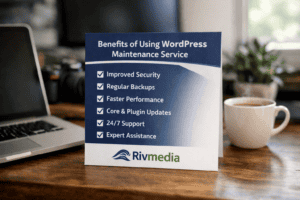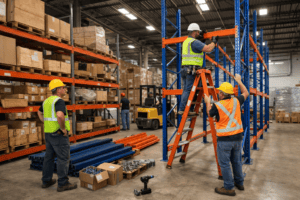Table of Contents
- A Fresh Approach: Injection Moulding in the Context of UK Property Construction Costs
- Understanding the Process
- Immediate Cost Reductions
- Long-term Cost Savings
- Case Study: Exploiting Injection Moulding in Construction
- Finding the Balance: Cost vs. Quality
- The Future: Injection Moulding in UK Property Construction
- Conclusion
A Fresh Approach: Injection Moulding in the Context of UK Property Construction Costs
Injection moulding is far from a new concept, yet its potential to revolutionise cost structures within the UK property construction industry is just being recognised. This manufacturing process is bringing a paradigm shift in how residential and commercial buildings are constructed, significantly contributing to cost reduction and enhancing efficiency.
Understanding the Process
At its core, injection moulding involves injecting heated material, typically plastic, into a mould. Once cooled, the material takes the shape of the mould, allowing for the production of a diverse array of components in large quantities. This process offers several cost-saving benefits when applied in the context of property construction, both in the short term and the long term.
Immediate Cost Reductions
Several key advantages of injection moulding translate to immediate cost reductions in the property construction sector:
Economies of Scale
Injection moulding enables mass production of construction components at a consistent quality. As production volume increases, the cost per unit decreases significantly, providing UK construction projects with substantial savings.
Speed and Efficiency
The speed of the injection moulding process, coupled with the ability to create complex shapes in a single step, reduces labour costs and time spent on manufacturing and assembling parts.
Less Waste
With injection moulding, the material is used only as required, reducing waste and contributing to lower production costs. Any excess material can be ground up and reused, further minimising waste and costs.
Long-term Cost Savings
Beyond the immediate reduction in construction costs, injection moulding brings about long-term savings for property owners:
Durability
Injection moulded components are known for their strength and durability, requiring less frequent replacements compared to traditionally manufactured parts. This durability translates into significant savings over the lifespan of the property.
Energy Efficiency
Certain injection moulded components contribute to the overall energy efficiency of a building. For instance, plastic window frames provide better insulation than their wooden counterparts, leading to lower heating costs.
Maintenance Costs
The durability and resistance to environmental damage of injection moulded components mean less maintenance is required, bringing down the long-term cost of property upkeep.
Case Study: Exploiting Injection Moulding in Construction
An excellent example of a company utilising injection moulding to reduce construction costs is Essentra Components. They provide a range of durable injection moulded parts for the construction industry, from protective caps and plugs to cable ties and clamps, all designed to withstand the rigours of a construction environment. By offering durable and cost-effective solutions, Essentra exemplifies how injection moulding can significantly reduce construction costs.
Finding the Balance: Cost vs. Quality
It’s important to note that while cost reduction is a crucial aspect, it should not come at the expense of quality. Fortunately, injection moulding strikes an ideal balance between these two factors. By producing high-quality, durable components at a lower cost, the method ensures that the overall quality of the property remains uncompromised while bringing down the construction expenses.
The Future: Injection Moulding in UK Property Construction
The potential of injection moulding to bring about substantial cost savings in property construction is clear. The process holds promise in addressing the pressing need for affordable housing solutions in the UK, particularly in areas facing housing shortages. As technology advances and the potential for further cost savings through automation and material innovation unfolds, the role of injection moulding in reducing UK property construction costs is poised to grow even more significant.
Conclusion
As the construction industry faces the challenge of escalating costs, innovative manufacturing processes like injection moulding offer an effective solution. Through immediate and long-term cost savings, without compromising on quality, this technology is becoming an increasingly vital tool in shaping the future of the UK property construction landscape.








